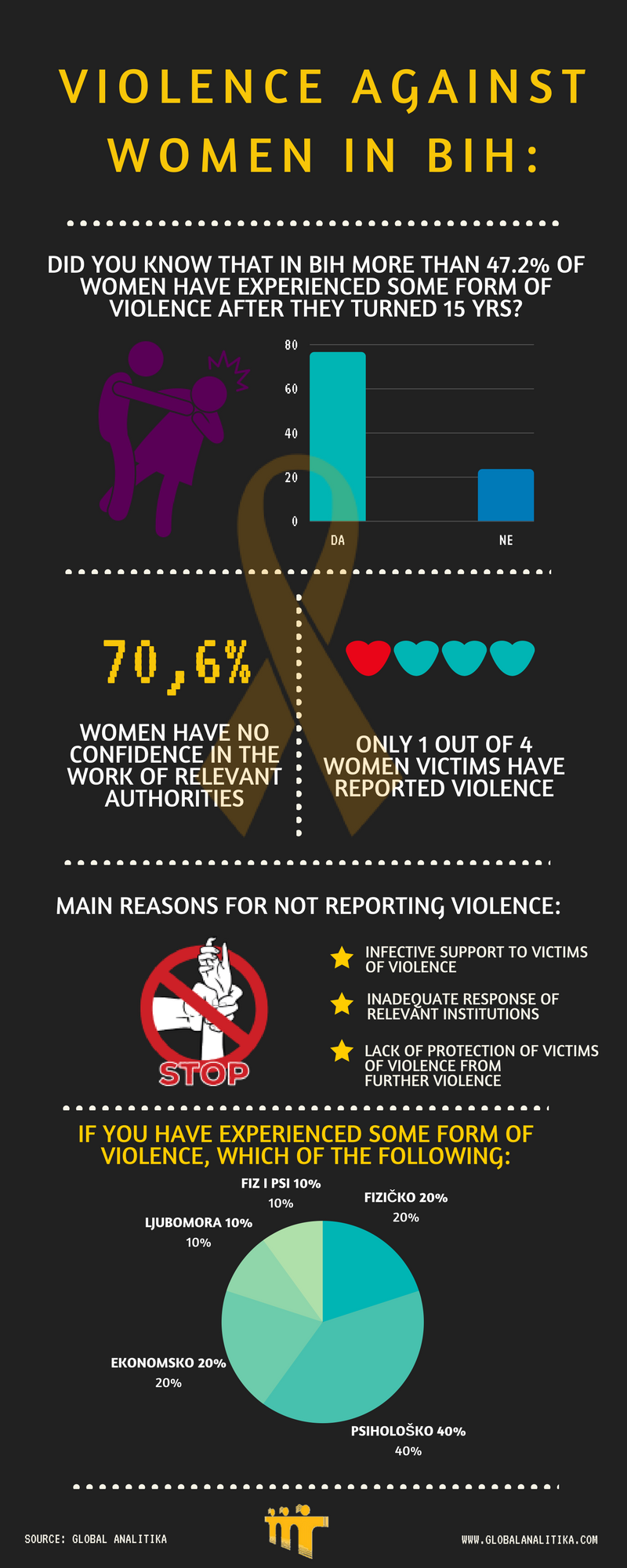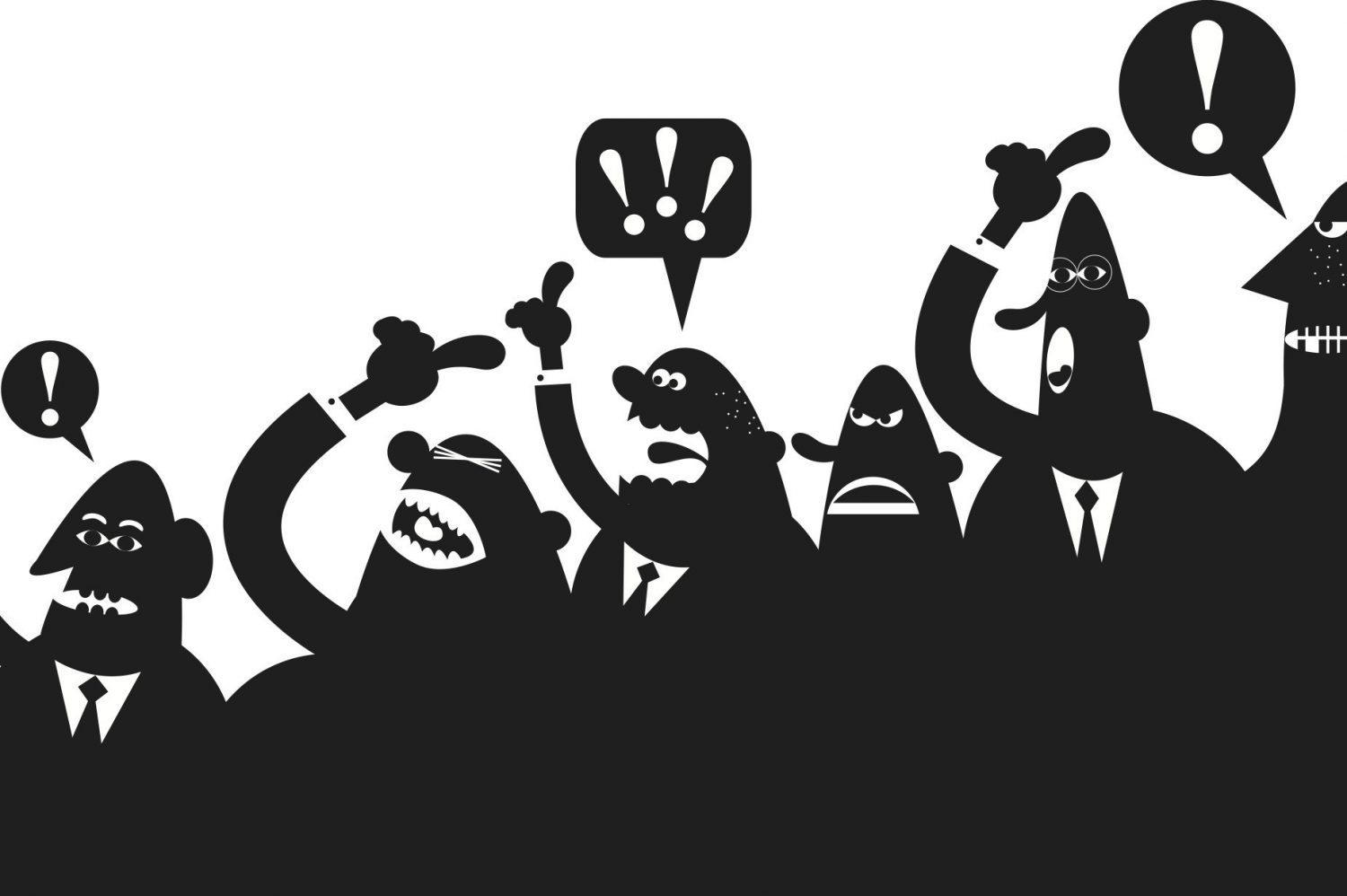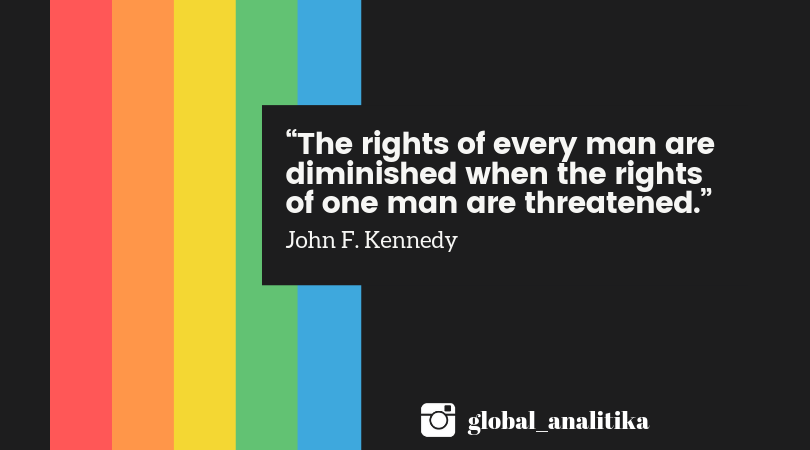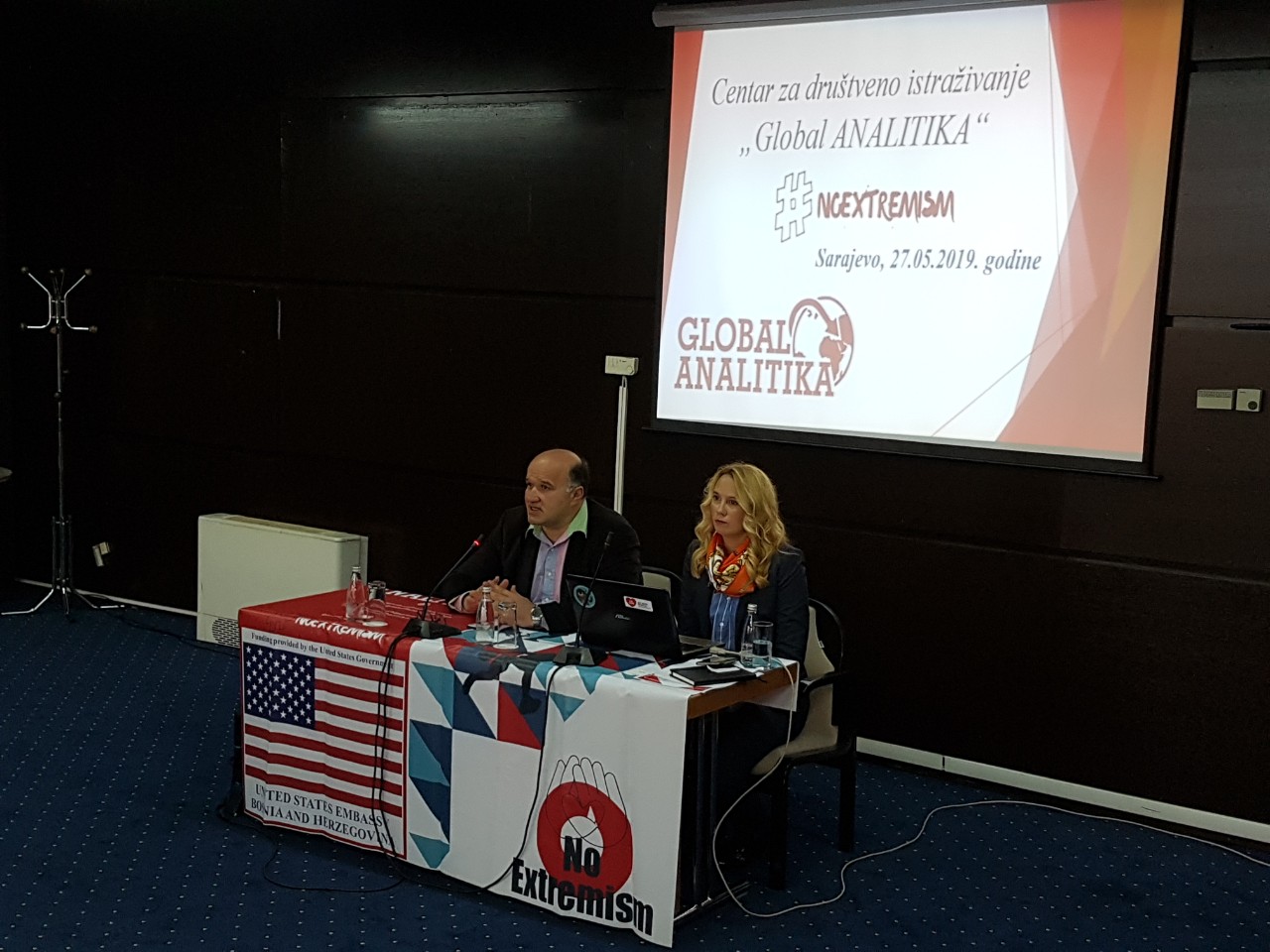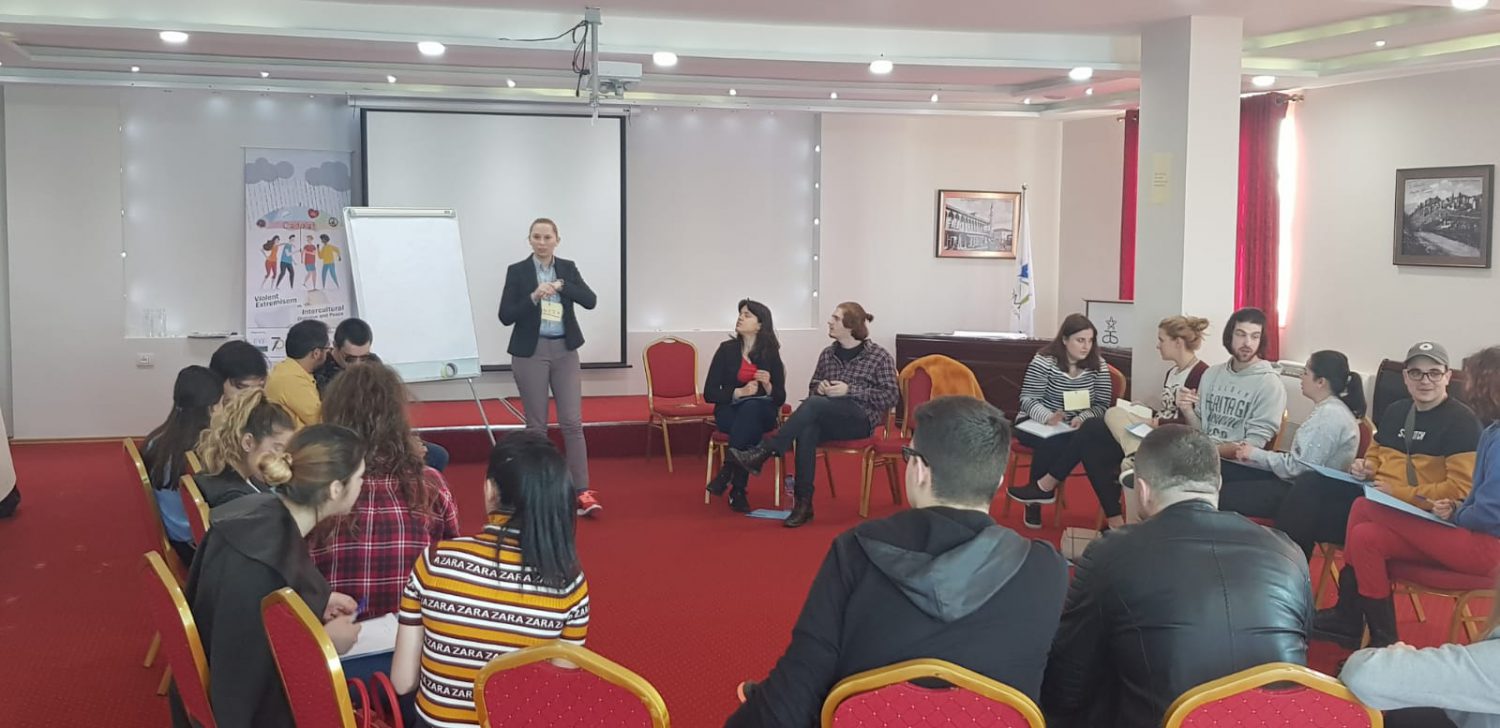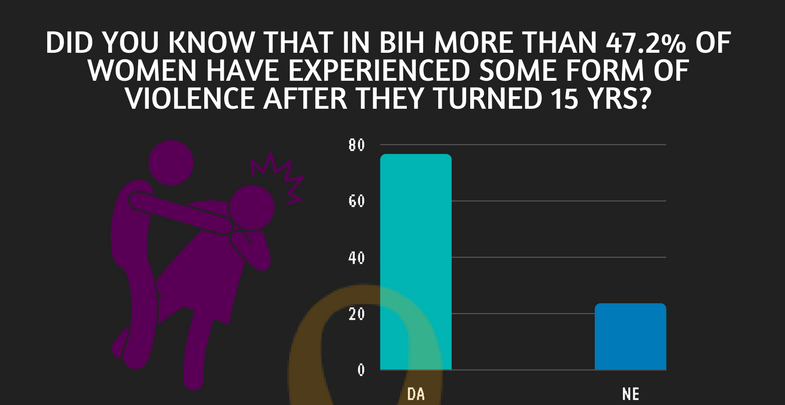Violence against women is a human rights violation and a consequence of discrimination against women, in law and also in practice, as well as of persisting inequalities between men and women. This violence impacts on, and impedes, progress in many areas, including poverty eradication, combating HIV/AIDS, and peace and security. However, violence against women and girls is not inevitable. Prevention is possible and essential.
Women’s activists have marked 25 November as a day against violence since 1981. This date came from the brutal assassination in 1960, of the three Mirabal sisters, political activists in the Dominican Republic, on orders of Dominican ruler Rafael Trujillo (1930-1961).
On 20 December 1993 the General Assembly, by resolution 48/104, adopted the Declaration on the Elimination of Violence against Women.
In this context, in 1999 the United Nations General Assembly designated 25 November as the International Day for the Elimination of Violence against Women, and invited governments, international organizations and NGOs to organize on that day activities designed to raise public awareness of the problem.
16 days of activism – Orange the world -Leave noone behind
Violence against women and girls is one of the most widespread, persistent and devastating human rights violations in our world today. Gender inequality persists worldwide. Achieving gender equality and the empowerment of women and girls will require more vigorous efforts, including legal frameworks, to counter deeply rooted gender-based discrimination that often results from patriarchal attitudes and related social norms, as stated by the UN Secretary-General.
Violence against women is the most extreme form of discrimination. According to the aforementioned report, on the basis of data from 2005 to 2016 for 87 countries, 19 per cent of women between 15 and 49 years of age said they had experienced physical and/or sexual violence by an intimate partner in the 12 months prior to the survey. In the most extreme cases, such violence can lead to death. In 2012, almost half of all women who were victims of intentional homicide worldwide were killed by an intimate partner or family member, compared to 6 per cent of male victims.
Violence against women in Bosnia and Herzegovina
Domestic violence as one of the biggest challenges of the Bosnian-Herzegovinian society is a problem that emerged from the private to the public sphere. In order to adequately respond to this problem, entity laws on the protection against domestic violence and state-entity policies have been adopted. In Bosnia and Herzegovina, domestic violence is still on the rise, and according to available data from NGOs in BiH, every fifth woman in our country experienced some form of violence by her partner.
According to the research on the prevalence and characteristics of violence against women in BiH, which we realized in the past period, more than 70.6 percent of women were at some stage exposed to some form of violence (physical, psychological, sexual or economic) during their adult lives. However, only 5.5 per cent of women with experience of violence addressed a particular assistance institution, furthermore, every fourth victim of violence reported violence to the relevant institutions. This data confirms, among other things, that women considered that they did not need assistance (in 62.5 percent of cases), mostly by not recognizing themselves as victims, not recognizing certain types of violence (especially sexual and economic in partner relationships), and various, by the majority of traditional and patriarchal justifications for violence.
In our society, patriarchal attitude and traditional attitude towards this problem is rooted, and as citizens, we are reluctant to talk about it, but we thus transfer our position to institutions in charge of providing a solution to the problem. Many problems also arise due to the fact that people do not recognize violence but also work insufficiently on prevention in combating gender-based violence against women, because the victim itself often does not recognize itself as a victim and does not report violence, and is not familiar with the way they can be protected.
The fact is that economic abuse of women is a way to any other form of abuse. Women are often economically dependent on their partner, so even 70% of women victims of violence return to the abuser.
The impotence of society and individuals continues to show how many are often dumb to the omnipresence of violence against women. In order to raise awareness of this problem, provide specialist support, instigate an individual and institutional response to this phenomenon, Global Analitika through project activities, supported by the Ecumenical Women Initiative from Croatia and the Ministry of Civil Affairs of BiH, is continuously working on the education and empowerment of women and girls victims violence throughout Bosnia and Herzegovina.
The main goal that we want to achieve is through the educational segment to raise the level of knowledge among the participants in the activities on human rights, mechanisms of protection of rights, and the role of women in the family and in society.
The primary challenge we face in the 21st century is to eliminate violence against women and remove barriers to the development of their strength, creativity, and their voices. Equality of women is not just a matter of morality; is not just a humanitarian issue; nor is it just a matter of justice. This is a matter of human rights and security.
